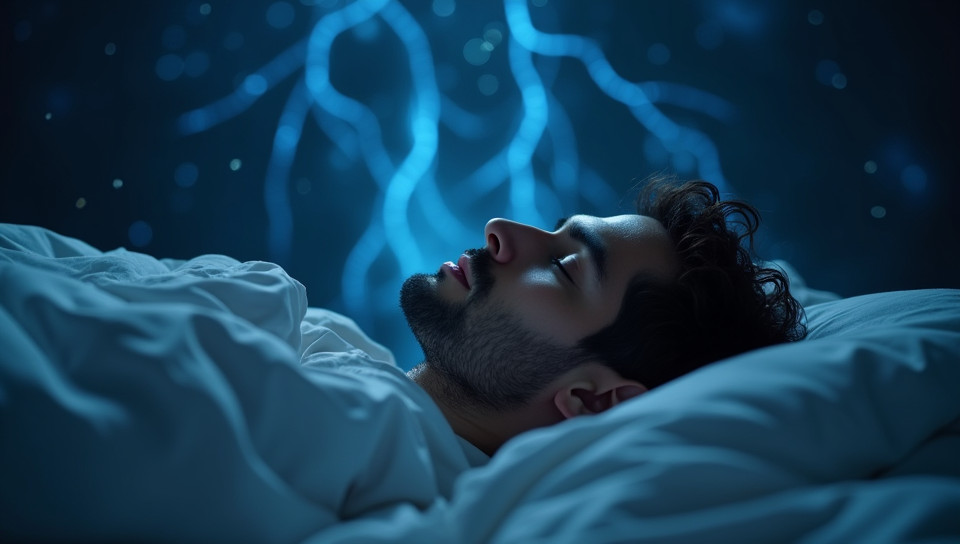Sleep deprivation can impact neurotransmitter balance 67%

The Hidden Dangers of Sleep Deprivation: How It Affects Your Brain Chemistry
Are you tired all the time? Do you find it difficult to focus on tasks or remember important details? If so, you're not alone. Millions of people around the world suffer from sleep deprivation, and its effects can be far-reaching and devastating. But what many people don't realize is that sleep deprivation can have a profound impact on neurotransmitter balance in the brain.
The Importance of Neurotransmitters
Neurotransmitters are chemical messengers that play a crucial role in regulating various bodily functions, including mood, appetite, and energy levels. Some common neurotransmitters include serotonin, dopamine, norepinephrine, and GABA (gamma-aminobutyric acid). When these chemicals are out of balance, it can lead to a range of problems, from anxiety and depression to insomnia and fatigue.
The Effects of Sleep Deprivation on Neurotransmitters
Sleep deprivation can disrupt the normal functioning of neurotransmitters in several ways. For example:
- Decreased serotonin levels can lead to feelings of sadness, hopelessness, and anxiety.
- Low dopamine levels can cause fatigue, apathy, and a lack of motivation.
- Reduced norepinephrine levels can result in decreased alertness, attention, and memory.
- Imbalanced GABA levels can lead to insomnia, restlessness, and an increased risk of seizures.
The Consequences of Neurotransmitter Imbalance
When neurotransmitters are out of balance, it can have serious consequences for both physical and mental health. Some potential risks include:
- Increased risk of depression and anxiety disorders
- Impaired cognitive function, including attention, memory, and decision-making
- Weakened immune system
- Increased risk of chronic diseases, such as diabetes and cardiovascular disease
Breaking the Cycle: Strategies for Improving Sleep Quality
Fortunately, there are steps you can take to improve your sleep quality and balance neurotransmitters. These include:
- Establishing a consistent sleep schedule
- Creating a relaxing bedtime routine
- Avoiding screens and electronic devices before bed
- Getting regular exercise and practicing stress-reducing techniques, such as meditation or yoga
Conclusion
Sleep deprivation is a serious issue that can have far-reaching consequences for both physical and mental health. By understanding the impact of sleep deprivation on neurotransmitter balance, we can take steps to improve our sleep quality and maintain optimal brain chemistry. Don't let sleep deprivation hold you back – prioritize your rest and reap the rewards of a healthy, happy life.
- Created by: Angela Francisco
- Created at: Oct. 13, 2024, 10:18 a.m.
- ID: 12350







